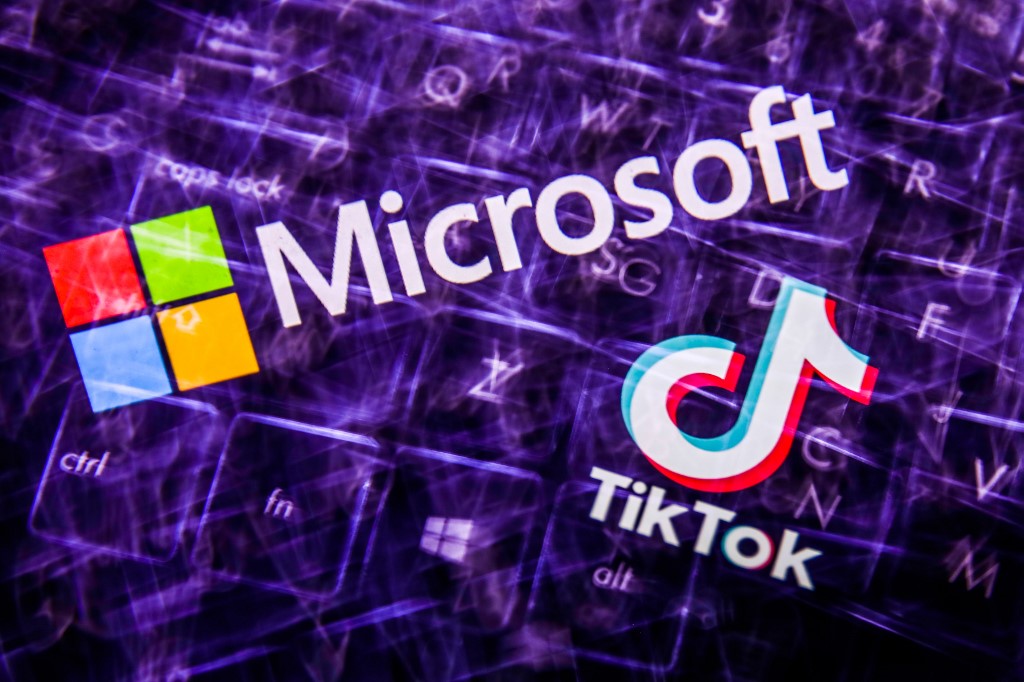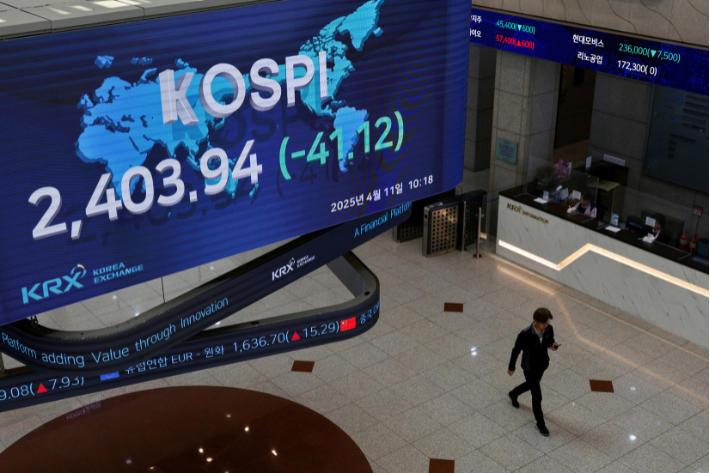China accused the United States on Tuesday of “bullying” over popular video app TikTok, after President Donald Trump ramped up pressure for its US operations to be sold to an American company.
In the latest of a series of diplomatic spats between the world’s two biggest economies, Beijing hit back after Trump gave TikTok six weeks to arrange a sale of its US operations – and said that his government wanted a financial benefit from the deal.
“This goes against the principles of the market economy and the (World Trade Organisation’s) principles of openness, transparency and non-discrimination,” said foreign ministry spokesman Wang Wenbin.
“It’s outright bullying.”
The app has been under formal investigation on US national security grounds, because it collects large amounts of personal data on users and is legally bound to share it with authorities in Beijing if they demand it.
Trump said that Microsoft was in talks to buy TikTok, and has given ByteDance until mid-September to strike a deal, a tactic that is almost unheard of.
“It’s got to be an American company… it’s got to be owned here,” Trump said on Monday. “We don’t want to have any problem with security.”
Beijing slammed the move as “political manipulation”.
Wang told a regular press briefing Tuesday: “The US, without providing any evidence, has been using an abused concept of national security… unjustifiably suppressing certain non-US companies.”
He said the national security grounds for the US’s clampdown on Chinese firms “does not hold water”, adding that the companies conduct their business activities in accordance with international rules and US laws.
“But the US is cracking down on them on trumped-up charges,” said Wang, who warned the US not to “open Pandora’s box”.
Outcry in China, ‘mad politics’
Meanwhile, the “shotgun wedding” proposed by Trump provoked an outcry on Chinese social media on Monday, with criticism by a prominent Chinese investor, Reuters reported.
“A forced deal under Washington’s shotgun could open up for endless litigations if it should result (in) an unfavorable outcome to existing private shareholders,” said Fred Hu, chairman of Primavera Capital Group, an investor in ByteDance and one of China’s best known private equity groups.
Hu said Microsoft was a credible buyer, but questioned how selling large parts of TikTok’s operations at such an early stage of its growth could ever be a good deal for ByteDance.
“It absolutely makes no sense. Bytedance is an innocent victim of the mad politics and mad geopolitics. It is a sad outcome for Bytedance, for entrepreneurial capitalism, and for the future of global commerce,” he said.
Tech bankers in Asia said investment banks working on the deal would have to be careful not to antagonise Trump.
“This is not a standard M&A situation…this is hard to predict,” said one senior banker with a U.S bank in Hong Kong, saying that it would be a question of how to structure a deal in a way that would keep Washington happy.
‘Global company’
TikTok has as many as one billion worldwide users, who make quirky 60-second videos with its smartphone app.
But the pressure for a sale of its US and international business, based in Los Angeles, has left the company and its Chinese parent ByteDance facing tough decisions.
On Monday, ByteDance said in a statement that it has always been committed to becoming a global company.
“Based on the current situation, ByteDance is considering re-establishing TikTok headquarters in major markets outside the United States to better serve global users,” the statement said.
UK media reported that it was considering a relocation to London.
ByteDance founder Zhang Yiming also acknowledged on Monday “mounting complexities across the geopolitical landscape and significant external pressure” faced by the company, in a letter to staff, reported by Chinese media.
He added that the company has “always been committed to ensuring user data security, as well as the platform neutrality and transparency”.
Meanwhile, Wang urged the US on Tuesday to “refrain from politicising economic issues” and to provide an open, fair and non-discriminatory environment for foreign market players.
AFP, with reporting by Reuters























